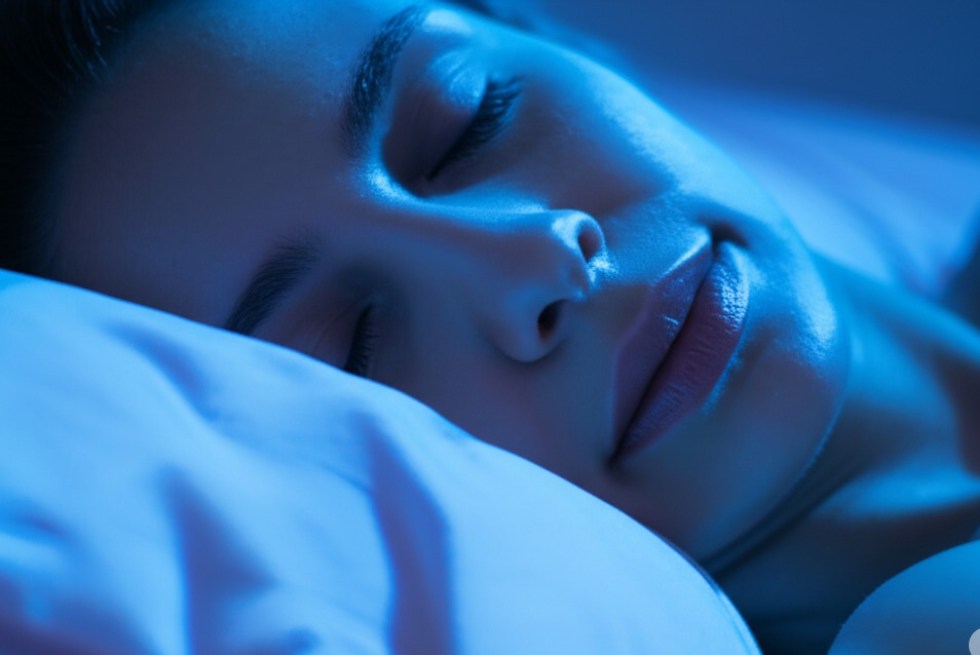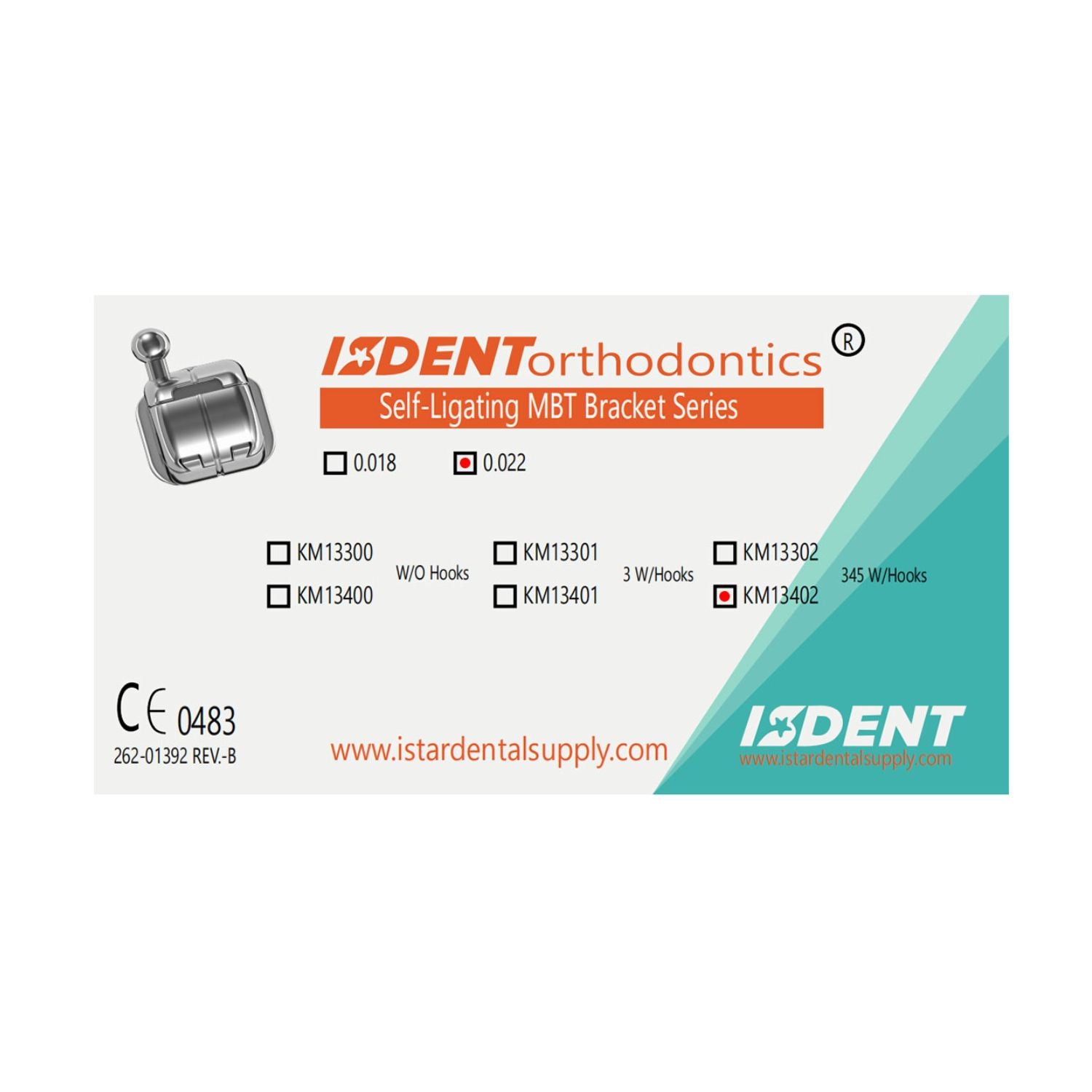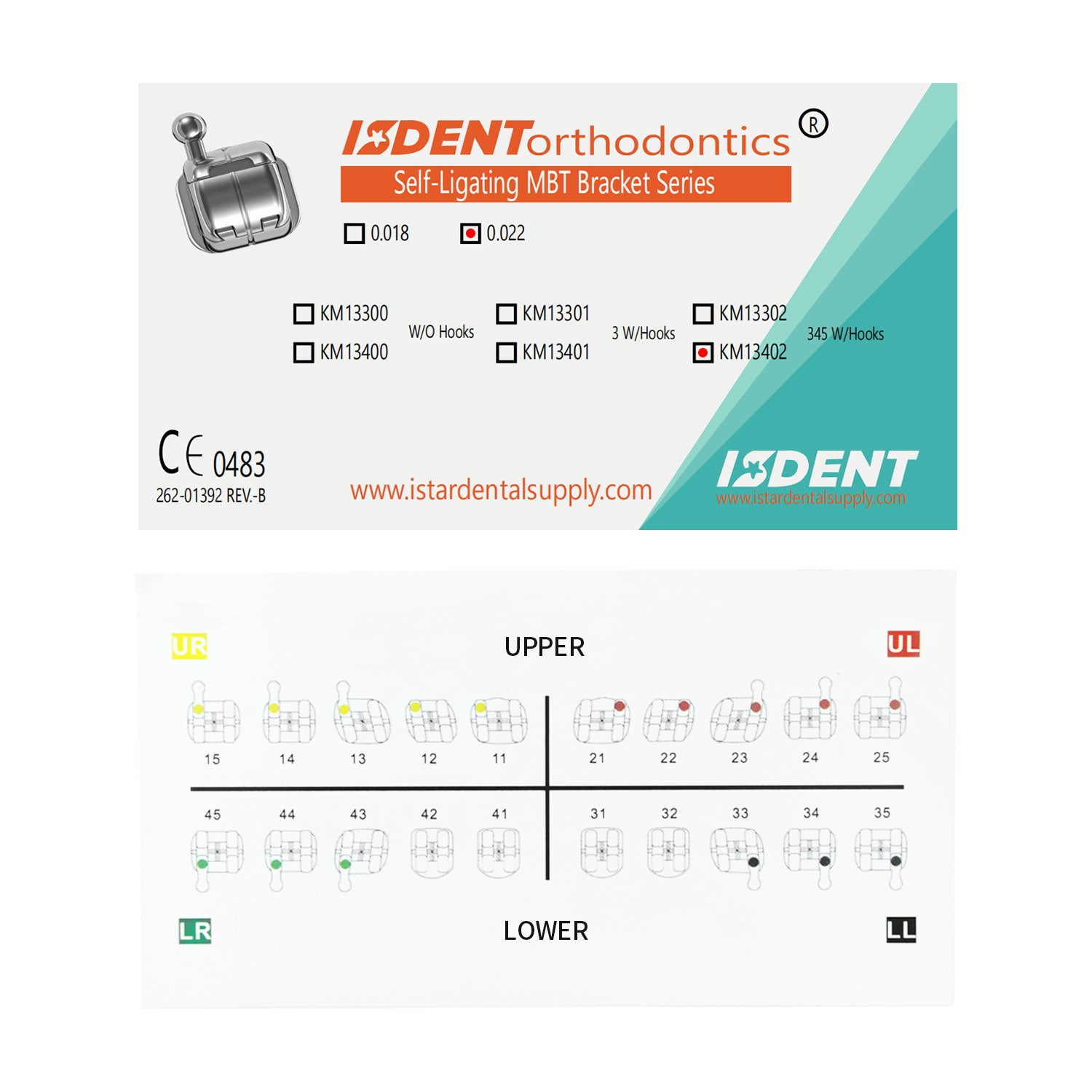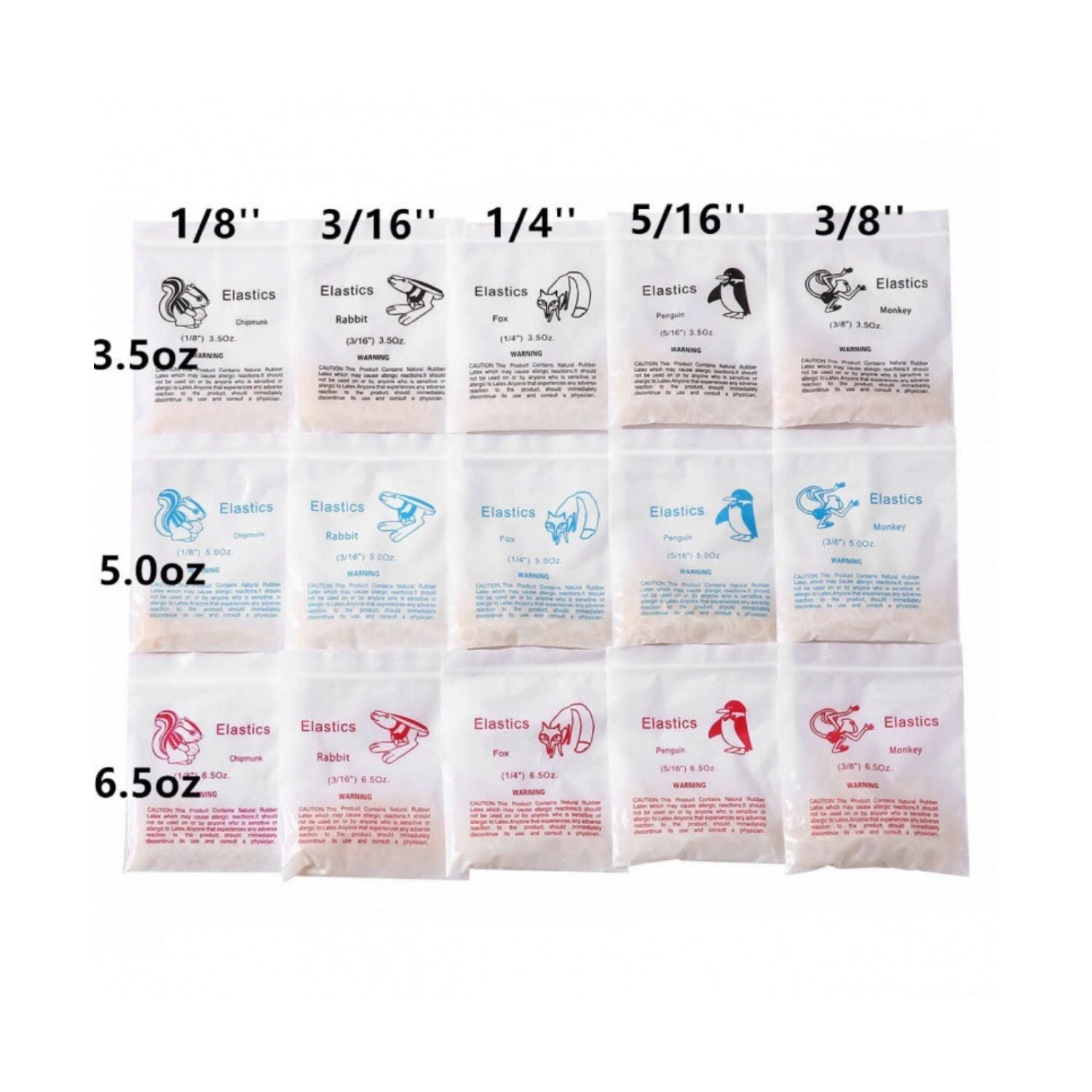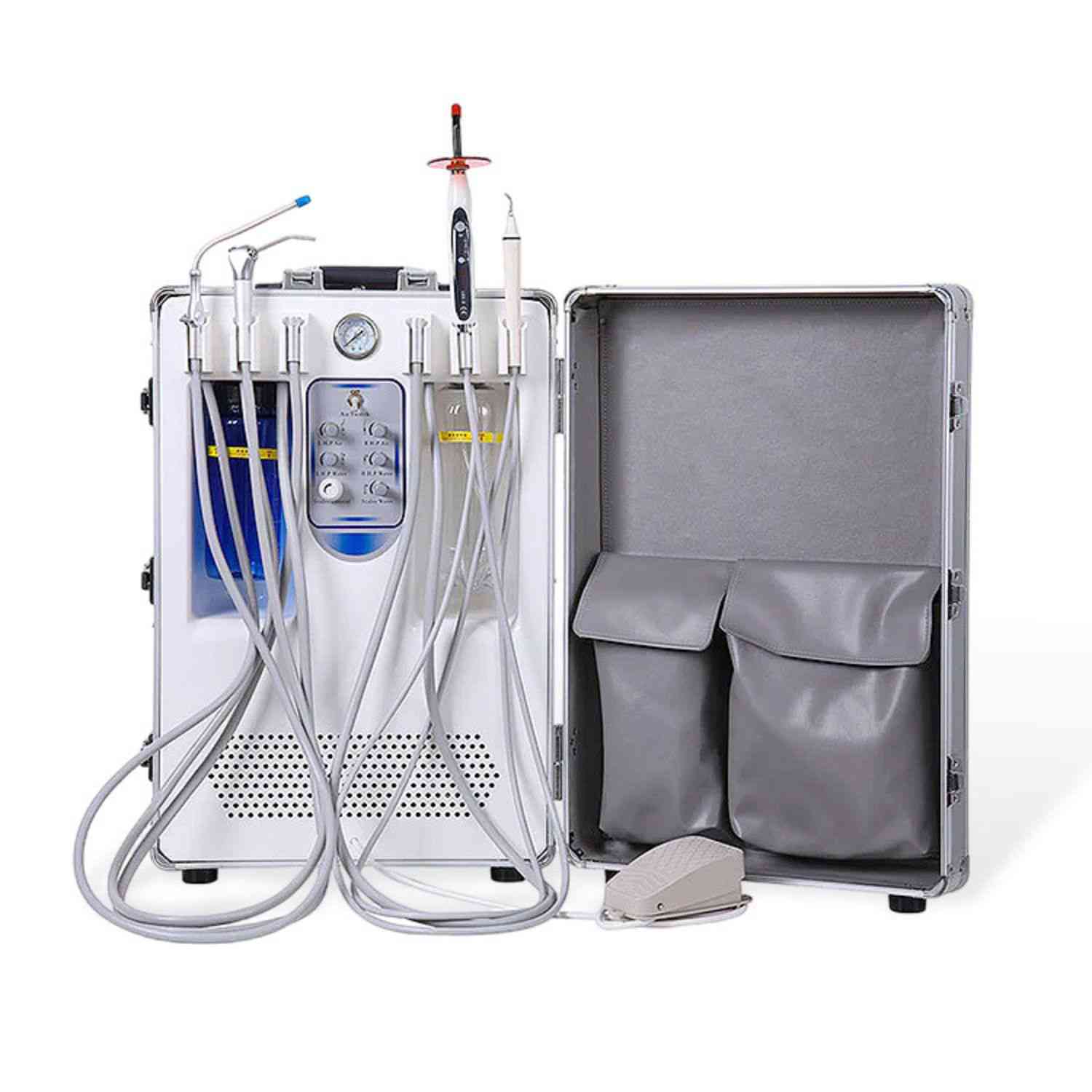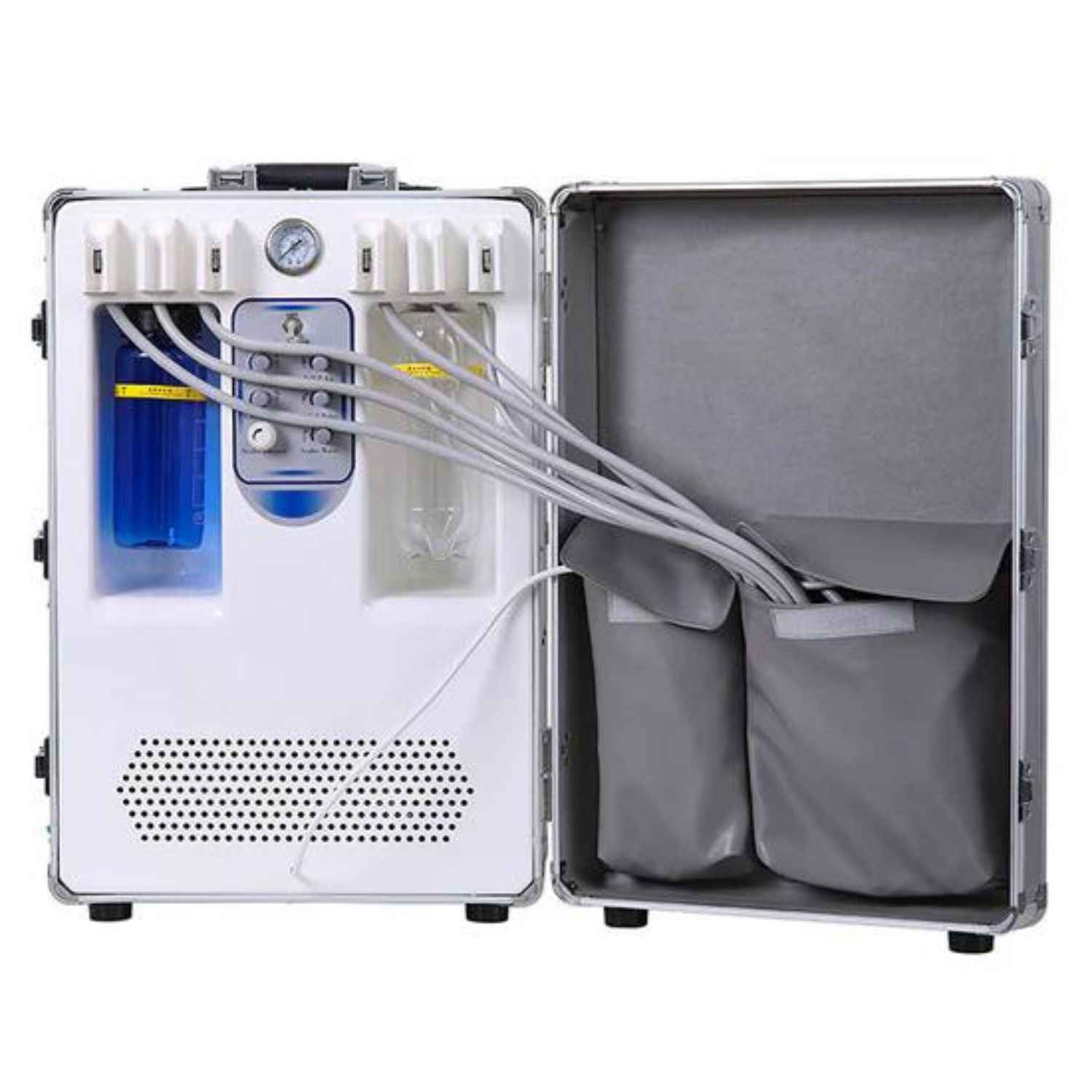How to Stop Grinding Teeth: Fast Relief for Day and Night
Do you wake up with a sore jaw or headache? You might be grinding your teeth at night. This problem, called bruxism, affects many people. About 20% of adults grind their teeth while awake, and 8-16% do it during sleep. This article will help you understand why teeth grinding happens and give you real ways to stop it.
Why Teeth Grinding Needs Immediate Action
Grinding your teeth isn't just annoying—it can hurt your teeth and jaw over time. When you grind your teeth, you might notice:
-
Tooth damage that weakens your teeth
-
Jaw pain that makes it hard to eat
-
Headaches that start as soon as you wake up
-
Trouble sleeping because of the grinding noise
If you don't fix teeth grinding, it can lead to bigger problems. Studies show that 50% of people who grind their teeth for a long time develop jaw joint problems called TMJ disorders. About 30% get chronic headaches from grinding.
Quick Fixes for Immediate Relief
Use a Night Guard (Mouthguard)
One of the best ways to stop damage from teeth grinding is to wear a night guard. This is a plastic cover that fits over your teeth while you sleep. Studies show that custom mouthguards reduce tooth damage by 70% and help your jaw muscles relax.
You can choose between:
-
Custom mouthguards: Made by your dentist to fit your teeth perfectly
-
Store-bought guards: Less expensive but might not fit as well
Looking for a quality dental night guard? Check out high-quality dental equipment for professional-grade solutions.
Daytime Awareness Tips
If you catch yourself grinding during the day, try these quick fixes:
-
Keep your teeth slightly apart when you're not eating
-
Place your tongue between your teeth to stop clenching
-
Chew sugar-free gum to reduce the urge to clench
Jaw Relaxation Exercises
Help your jaw feel better with simple exercises:
-
Massage your jaw muscles in small circles
-
Hold a warm compress against your cheek for 10 minutes
-
Gently open and close your mouth to stretch tight muscles
Daytime Habits to Reduce Grinding
Posture Correction
How you hold your head and neck affects your jaw. Bad posture can make grinding worse. Try these tips:
-
Keep your head aligned with your spine
-
Avoid hunching over your phone or computer
-
Stretch your neck throughout the day
Avoid Triggers
Studies show that caffeine and alcohol increase grinding intensity by up to 40%. These things can make teeth grinding worse:
-
Caffeine in coffee, tea, and soda
-
Alcohol especially in the evening
-
Smoking or using tobacco products
|
Trigger |
Effect on Grinding |
Better Alternative |
|
Caffeine |
Increases by 40% |
Herbal tea |
|
Alcohol |
Makes grinding more intense |
Water or juice |
|
Smoking |
Worsens clenching |
Quitting or cutting back |
Chewing Habits
What and how you eat affects teeth grinding:
-
Choose soft foods when your jaw hurts
-
Avoid chewy candy and tough meats
-
Cut food into smaller pieces to reduce jaw strain
Stress & Anxiety Management (Root Cause Focus)
Stress is a big cause of teeth grinding. In fact, many people start grinding their teeth during really stressful times. Here are ways to manage stress:
Proven Techniques
-
Deep breathing: Breathe in for 4 counts, hold for 7, out for 8
-
Meditation: Just 10 minutes a day can help
-
Yoga: Gentle poses help relax your whole body
Biofeedback Therapy
Special devices can help you notice when you're clenching your jaw. These tools:
-
Alert you when jaw muscles tighten
-
Help you learn to relax those muscles
-
Train your brain to stop the grinding habit
When to Seek Help
Sometimes, you need extra help with stress. Cognitive behavioral therapy (CBT) reduced awake bruxism symptoms by 50% in studies. Consider talking to a professional if:
-
Grinding continues despite trying other methods
-
You have a lot of stress or anxiety
-
Your grinding might be related to trauma or PTSD
Long-Term Solutions & Professional Care
For serious grinding problems, dentists offer several treatments.
Dental Treatments
Your dentist might suggest:
-
Dental splints: Special mouthguards that help position your jaw
-
Botox injections: Reduced grinding severity by 82% in studies
-
Tooth adjustments: Fixing misaligned teeth with orthodontic treatments
Treat Underlying Conditions
Sometimes teeth grinding comes from other health issues:
-
Sleep apnea: Breathing problems during sleep
-
GERD: Acid reflux that affects your sleep
-
Parkinson's disease: Can cause grinding as a side effect
Medication Review
Some medicines can make teeth grinding worse. Talk to your doctor if you take:
-
Antidepressants (especially SSRIs)
-
Medications for ADHD
-
Some asthma medicines
Your doctor might change your dose or switch you to a different drug.
Preventing Complications from Teeth Grinding
Signs You Need a Dentist
Visit your dentist right away if you notice:
-
Worn down teeth that look flat on top
-
Cracked or chipped teeth from grinding
-
Loose teeth that wiggle slightly
-
Increased tooth sensitivity to hot or cold
Regular dental check-ups with proper dental instruments can help catch grinding damage early.
TMJ Disorder Warning Signs
The jaw joint (TMJ) can be damaged by grinding. Watch for:
-
Clicking or popping sounds when you open your mouth
-
Pain in your ear that doesn't seem like an ear infection
-
Limited jaw movement when trying to open wide
When to Try a Sleep Study
If grinding continues despite trying many solutions, your doctor might suggest a sleep study. This can:
-
Rule out sleep apnea or other sleep disorders
-
Show how often and how hard you grind
-
Help create a better treatment plan
Natural Remedies That May Help
Some people find relief with natural approaches:
-
Warm milk before bed: Contains compounds that help you relax
-
Chamomile tea: Has calming properties
-
Lavender essential oil: A few drops on your pillow might help you relax
-
Magnesium supplements: May help relax muscles (ask your doctor first)
Special Considerations for Children
Children grind their teeth too. About 30% of kids grind their teeth, but most outgrow it.
For children who grind their teeth:
-
Watch for tooth decay, which studies link to nighttime grinding
-
Talk to your pediatric dentist about a child-sized mouthguard
-
Help them learn relaxation techniques before bed
-
Create a calming bedtime routine to reduce stress
Most children stop grinding by age 12, but it's still important to protect their teeth while they're young.
Frequently Asked Questions About Teeth Grinding
Can grinding teeth cause tooth decay?
Yes. When you grind your teeth, you wear down the protective outer layer (enamel). This makes it easier for bacteria to cause cavities.
How can I stop grinding my teeth right now?
For immediate relief, try placing your tongue between your teeth, using a warm compress on your jaw, or wearing a store-bought mouthguard while you wait to see your dentist.
Does insurance cover treatment for teeth grinding?
Many dental insurance plans cover custom mouthguards. Medical insurance might cover other treatments if grinding is caused by a medical condition like sleep apnea.
Is teeth grinding genetic?
Research suggests there may be a genetic link. If your parents ground their teeth, you might be more likely to do it too.
Can braces help stop teeth grinding?
Sometimes. If your grinding comes from misaligned teeth, orthodontic treatments might help solve the problem.
Conclusion: Taking Action Against Teeth Grinding
Teeth grinding can be painful and damaging, but you have many options to stop it. Start with simple changes like using a mouthguard and managing stress. If those don't work, talk to your dentist about professional treatments.
Remember that 20% of adults deal with this problem, so you're not alone. With the right approach, you can protect your teeth, reduce pain, and sleep better.
Don't wait until your teeth are damaged—start using these tips tonight for a healthier smile tomorrow!

